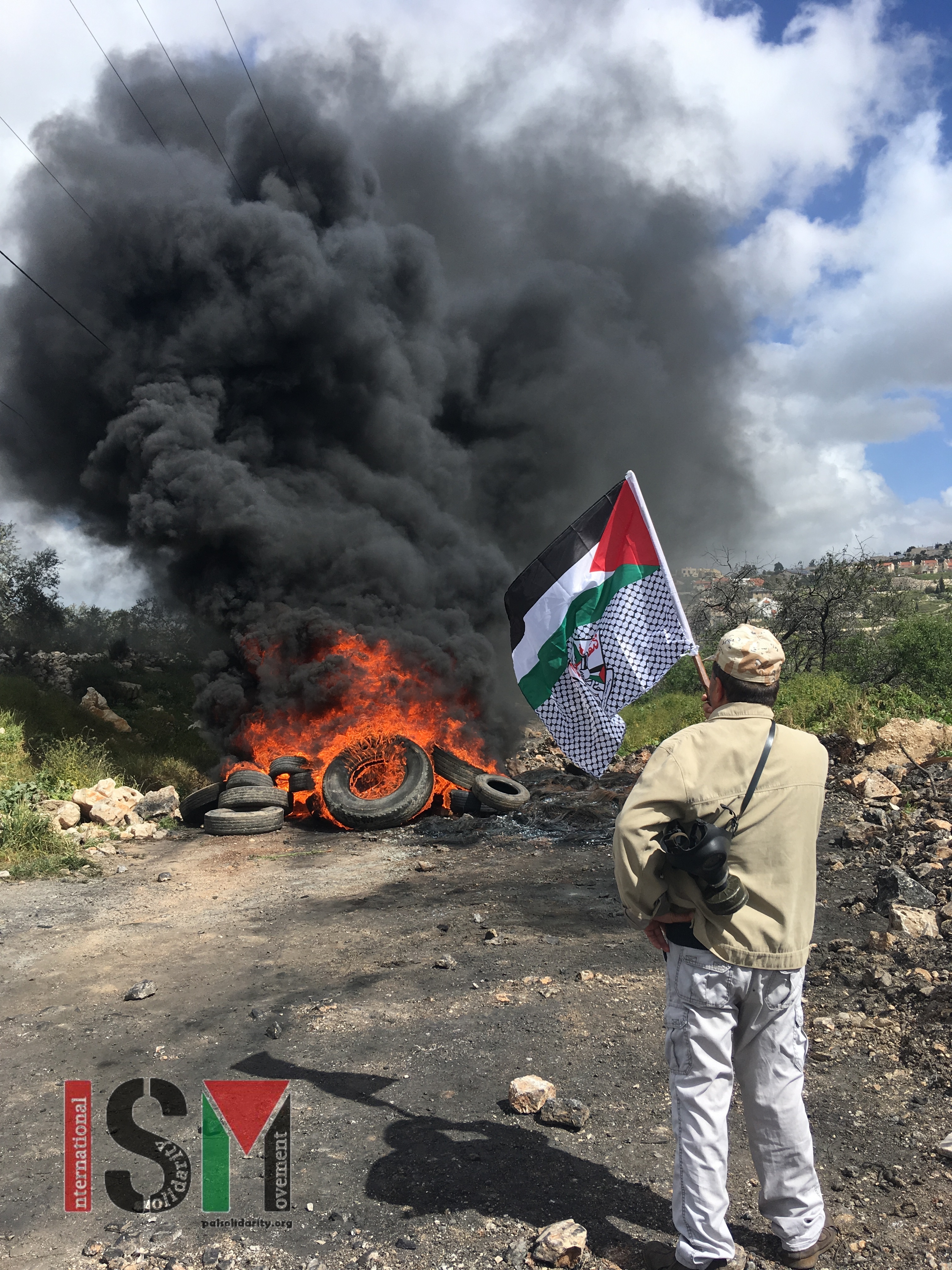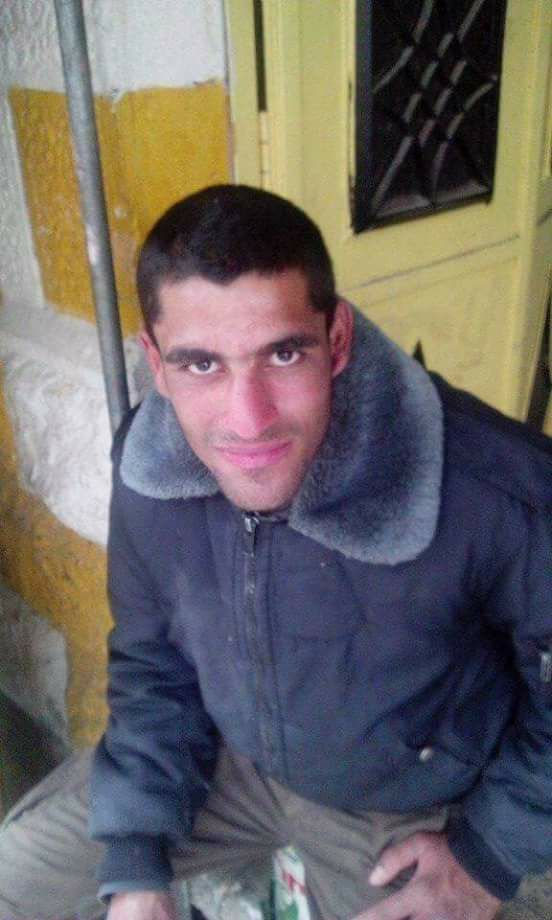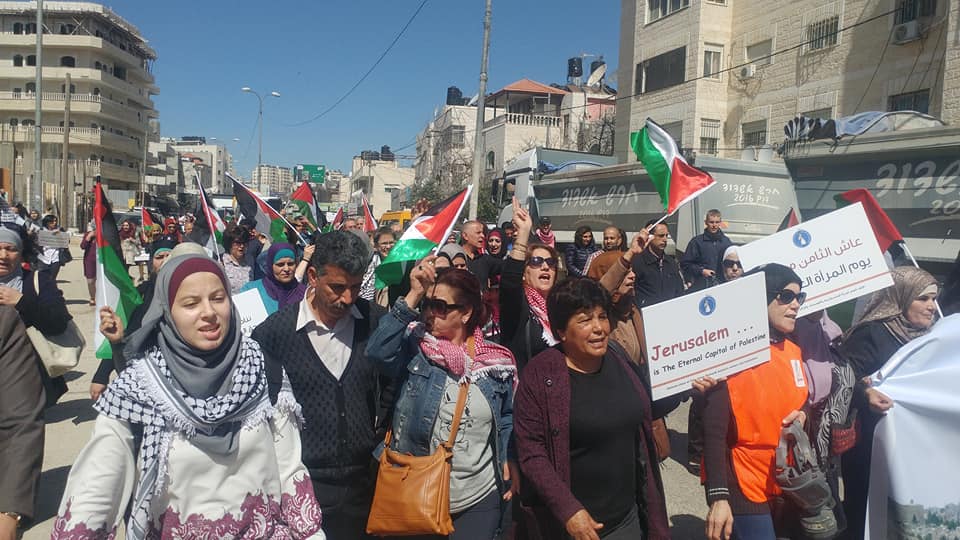Category: Reports
-
Israeli armed forces fire live ammunition at protesters in Kafr Qaddum
9th March 2018 | International Solidarity Movement, al Khalil team | Occupied Palestine Today local Palestinian citizens gathered in their village of Kafr Qaddum, protesting against the illegal Israeli settlement of Kadumim and the road blockage that inhibits access to their village. Israeli armed forces fired copious rounds of tear gas, stun grenades, rubber coated…
-
Resistance & Death in al Khalil/Hebron
9th March 2018 | International Solidarity Movement, al Khalil team | Occupied Palestine Friday at around 16.00, 24-year old Al Khalil resident Mohammad Zain al-Jabari was shot and killed by armed Israeli occupational forces during smaller clashes in Al Khalil, Hebron. He leaves behind his wife and his 4-year-old child. Al-Jabari was hit in the…
-
International Women’s Day march met with tear gas and stun grenades by Israeli occupation forces
7th March 2018 | International Solidarity Movement, al Khalil team | Occupied Palestine International Women’s Day kicked off today outside Youth Qalandia Club with Palestinian women, men and Internationals marching together to the gates of infamous Qalandia checkpoint in protest of the ceaseless Israeli military occupation and basic human rights. Half way through the march,…



